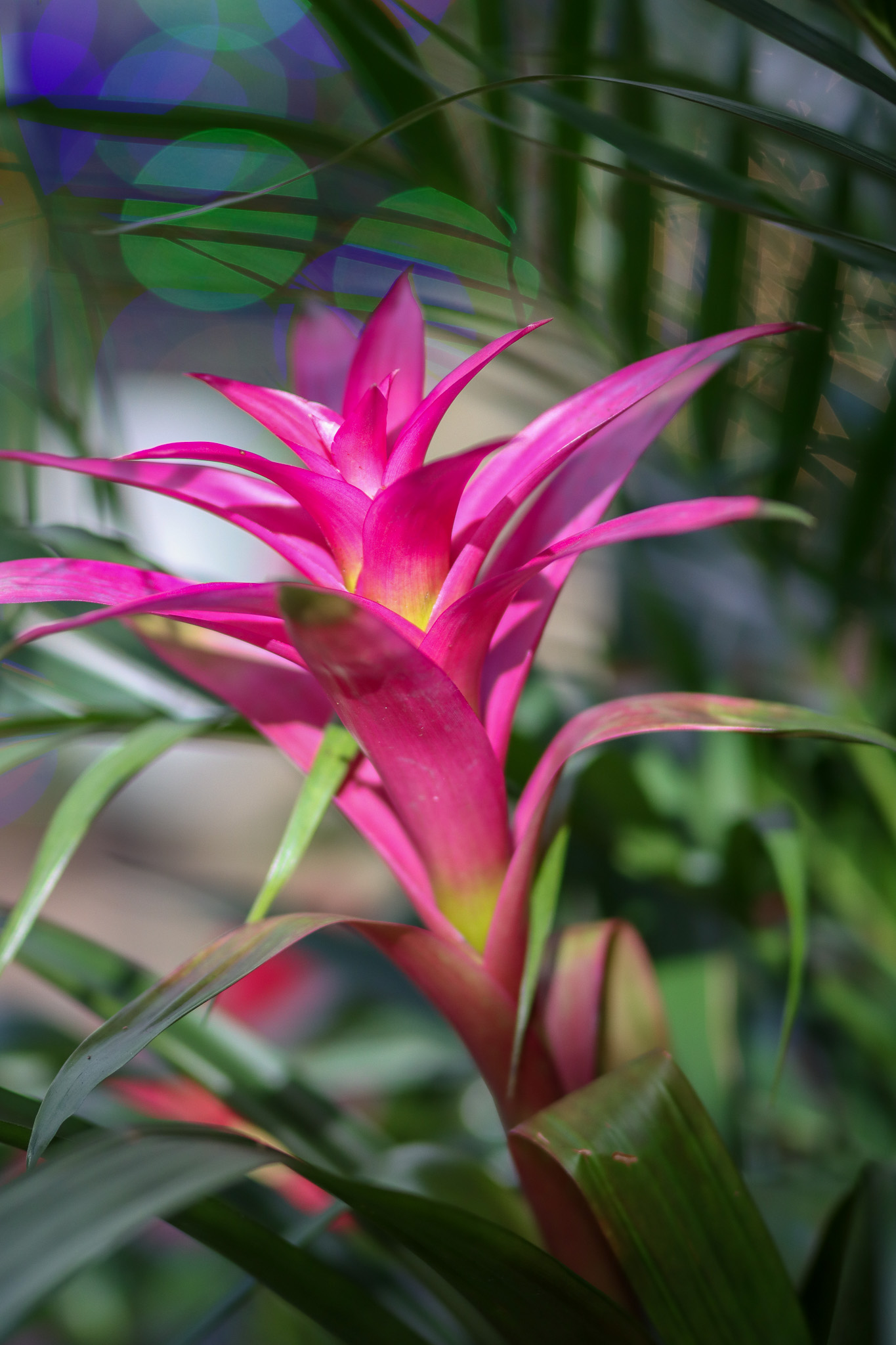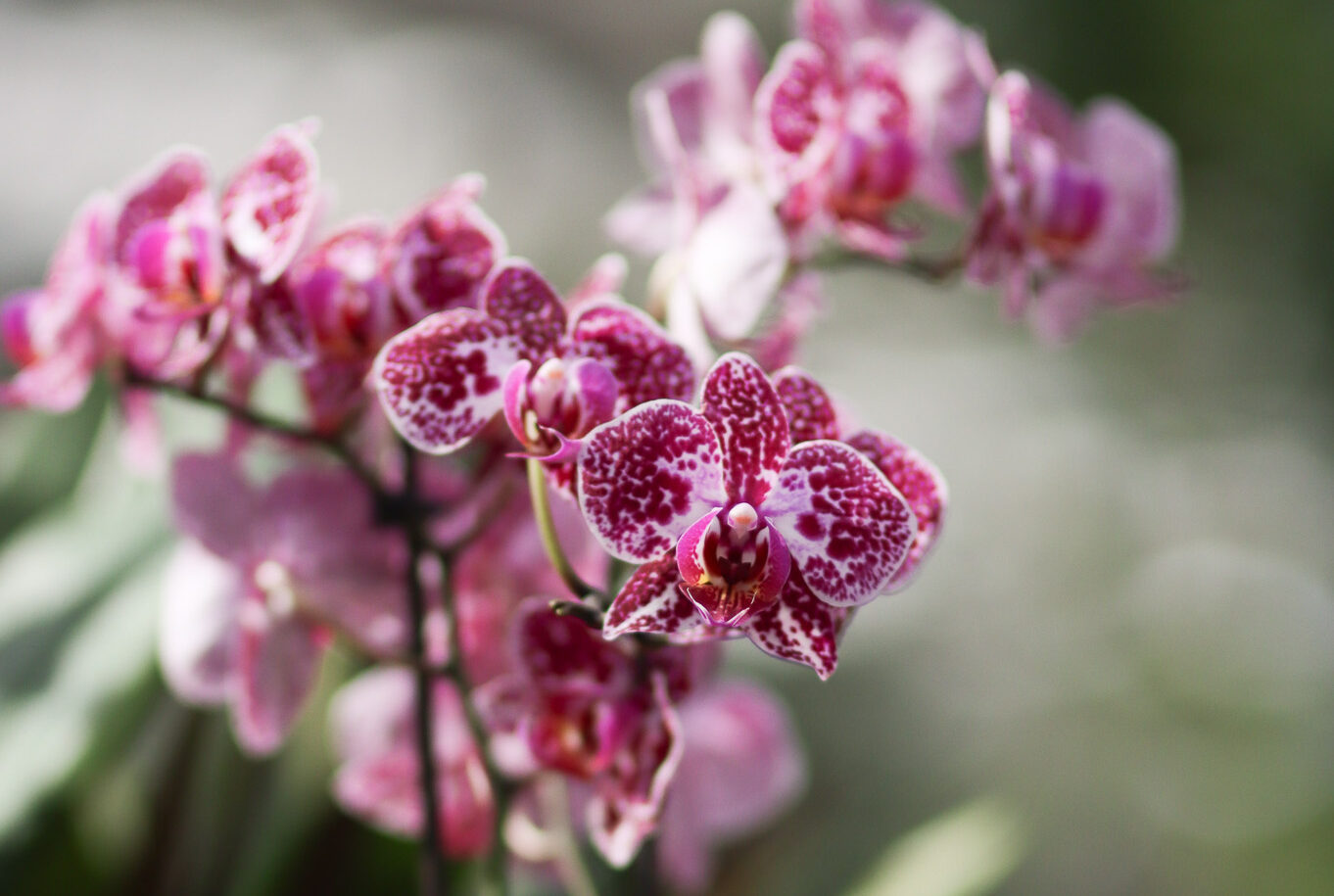Petunia Power: Tips for Growing and Caring for Your Petunias
cmelvin
Petunias, those delightful flowering plants with their colorful blooms, are a power to behold in any garden. But growing and caring for these powerhouses of the annual plant world takes a bit of know-how and care. So, whether you’re a seasoned gardener or a newcomer to the world of flora, here are some great tips for growing and caring for your petunias.
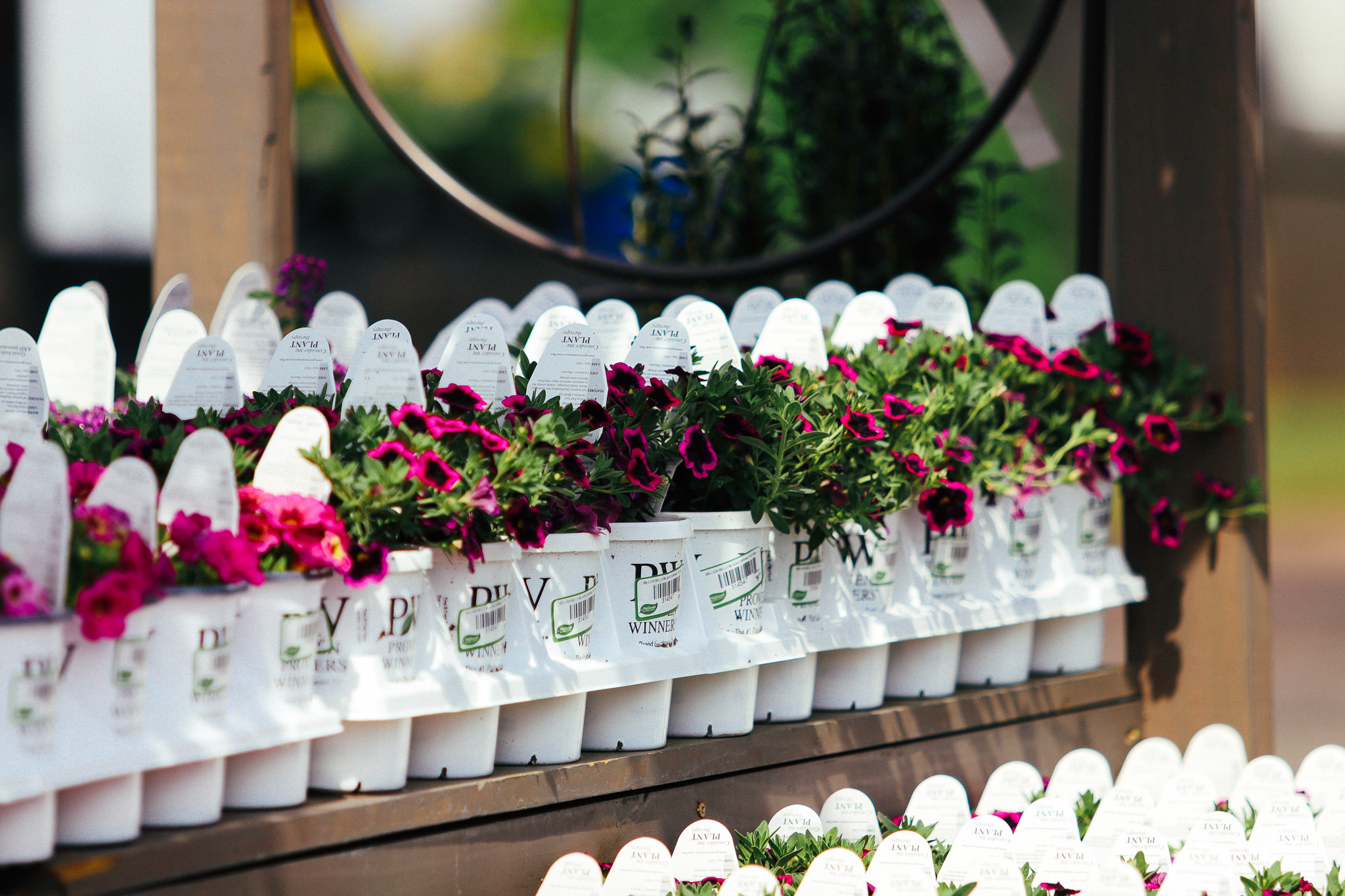
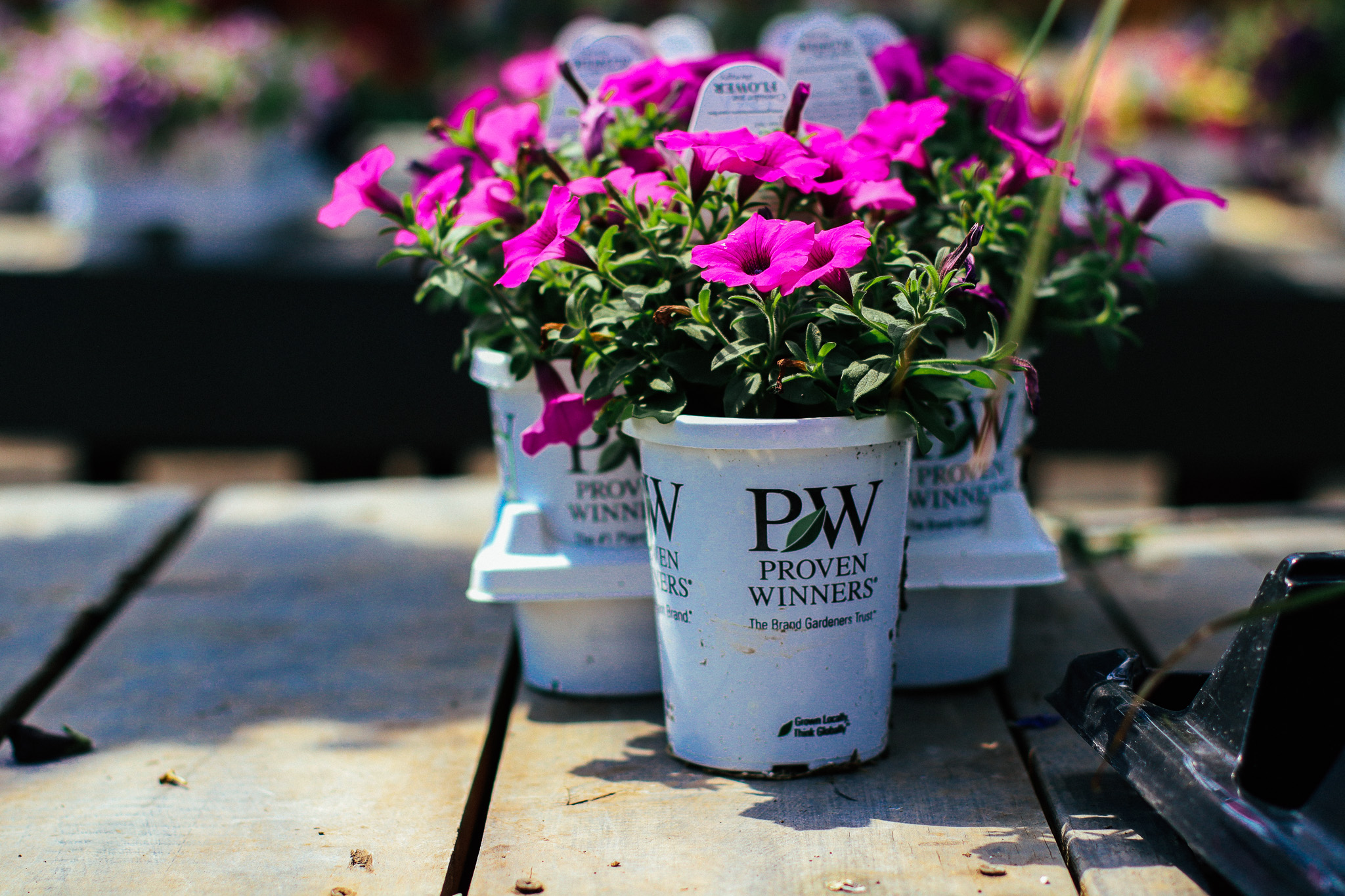
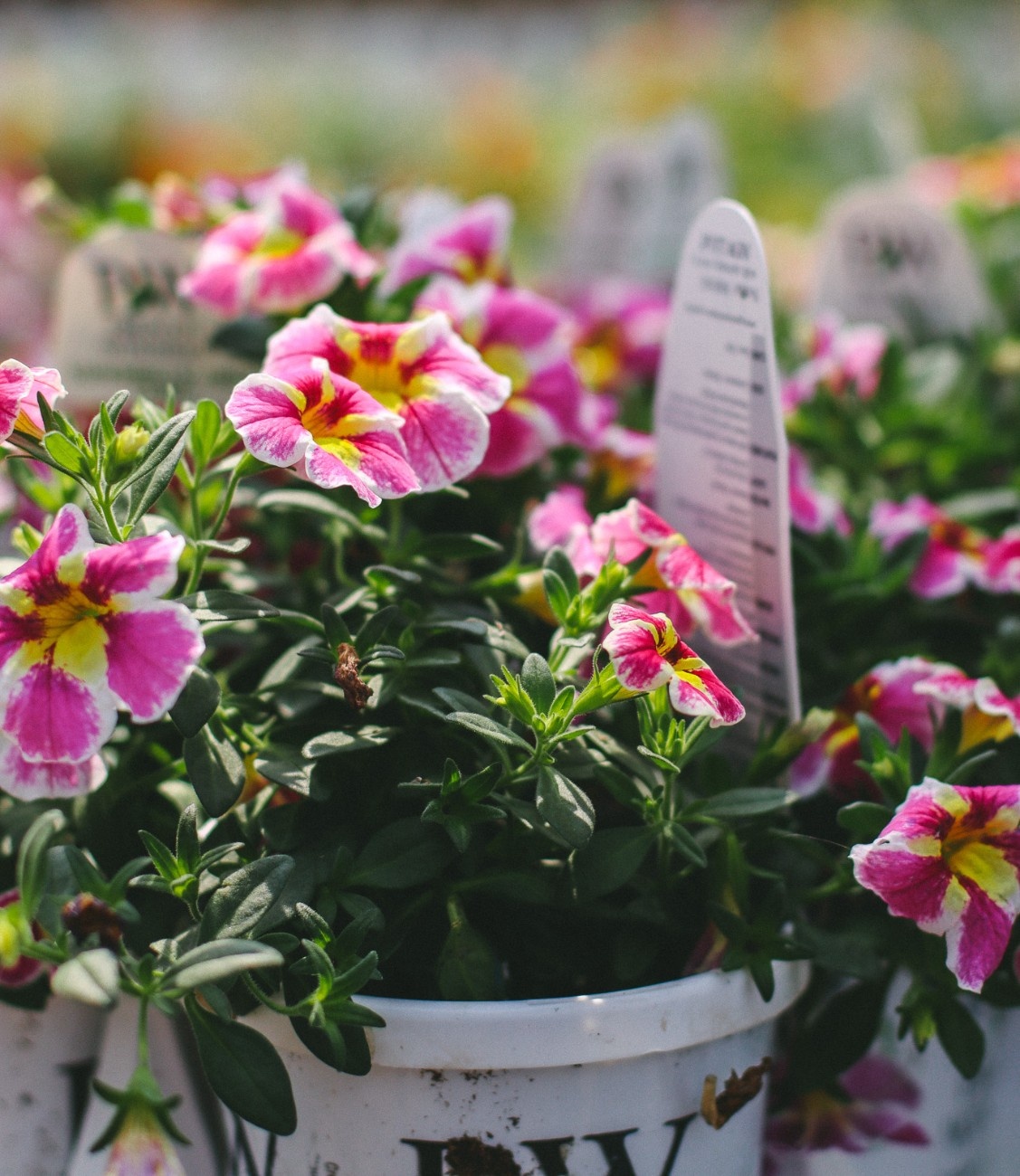
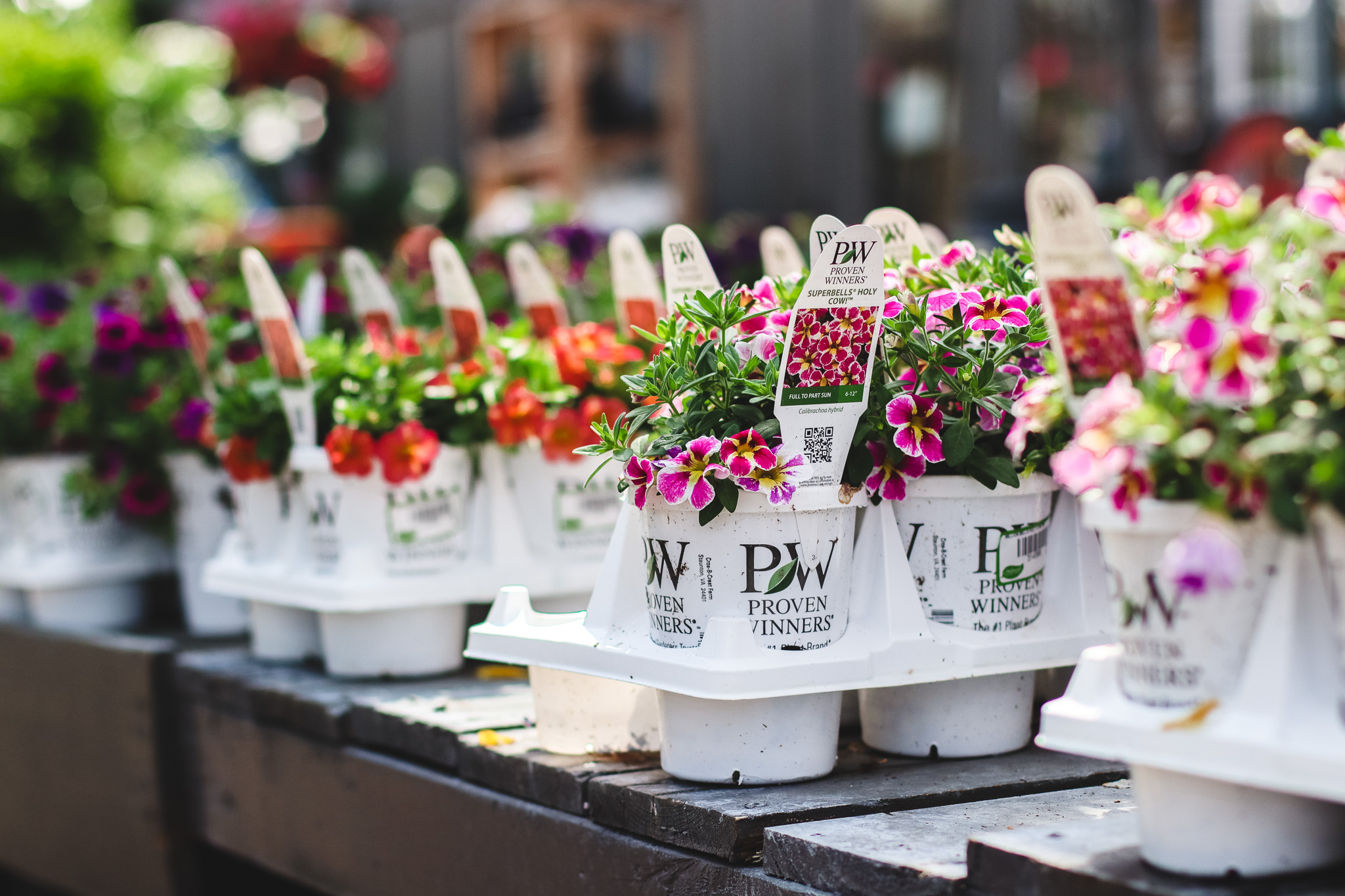
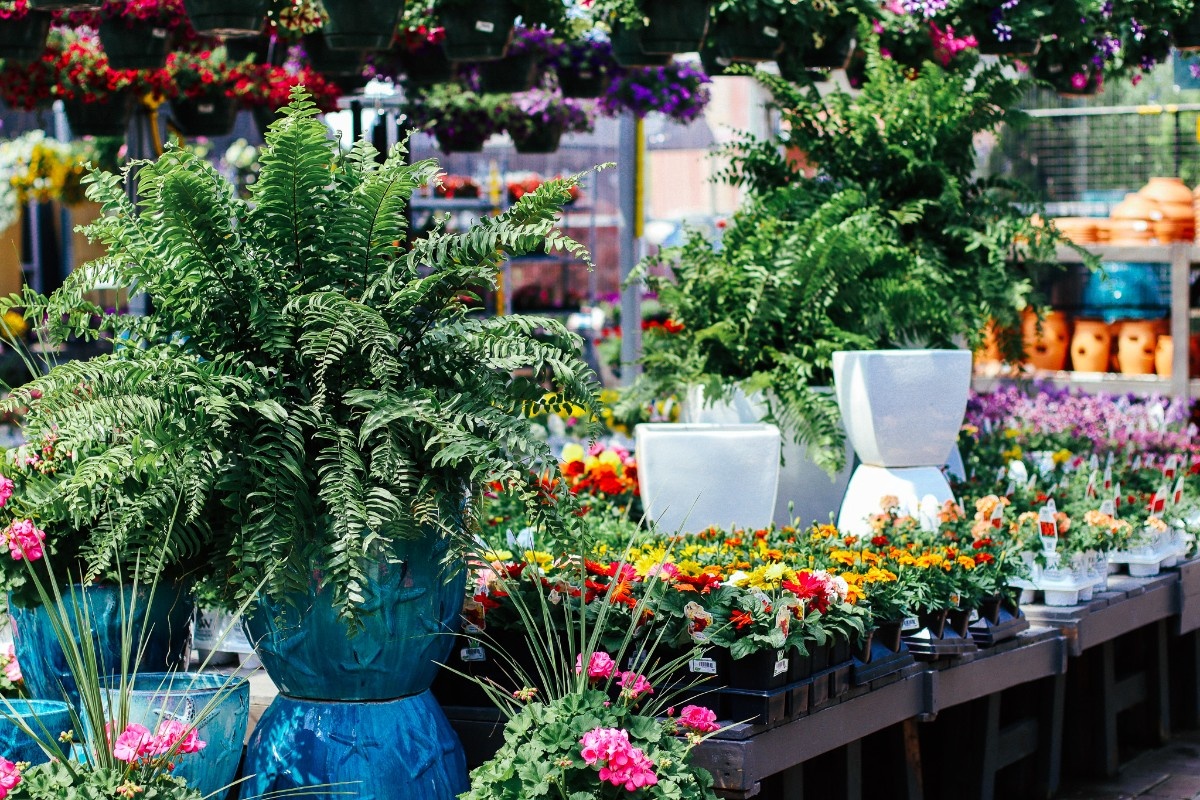
Start with the Right Soil
To grow petunias, you need to start with the right soil. Petunias require well-draining soil that is slightly acidic, with a pH of between 5.5 and 7.0. Avoid planting them in heavy clay soils or soils that retain too much moisture, as these can cause root rot and other problems. Instead, use a good-quality potting mix that is rich in organic matter and nutrients, like our McDonald Garden Center soils, or amend your garden with compost or other organic matter like mulch to improve its texture and drainage. Get your soil tested for free at our year-round locations through our Garden Pharmacy to see what soil amendments you need in your garden to get your petunias off to the right start.
Feed & Water Your Petunias Regularly
Petunias require regular feeding to thrive. Feed your petunias every two weeks during the growing season with a balanced fertilizer like our McDonald GreenLeaf and Fertilome’s Blooming and Rooting Fertilizer that is high in phosphorus and potassium. This will help promote healthy root growth, strong stems, and abundant blooms.
Petunias need regular watering to keep their roots moist and healthy. Water them deeply once the very top layer of soil feels dry, depending on the weather and the soil type. Avoid overhead watering, as this can promote fungal diseases and damage the blooms. Instead, use a drip irrigation system or water the plants at the base with a watering can or a hose if watering petunias that are planted in the ground. For hanging baskets and potted petunias, you may need to water more often.
Deadhead Your Petunias
To keep your petunias blooming all season long, it’s important to deadhead them regularly. This means removing the spent blooms and seed pods from the plants as soon as they start to fade. This will not only keep your petunias looking tidy and attractive, but it will also promote the growth of new blooms and prevent the plants from going to seed too quickly. If you check out our blog on some of our newest Proven Winners in stock, you may find a few varieties that need minimal deadheading!
Provide Proper Sunlight
Petunias thrive in full sun, which means they need at least six hours of direct sunlight per day to grow and bloom properly. If you’re growing petunias in containers, make sure to place them in a sunny location. If you’re growing them in the garden, choose a site that gets full sun during the day and is sheltered from strong winds. Shelter can be as simple as companion plants to a water feature or statue.
Consider Companion Planting
Petunias make great companion plants, and they pair well with many other garden favorites, such as marigolds, zinnias, and verbena. Companion planting can help deter pests, attract beneficial insects, and improve the overall health of your garden. They can also help give your petunias a bigger impact when it comes to color and space. Our Green Team members are always here to help find your perfect companion plants if you can’t decide on a great combo!
By following these creative tips for growing and caring for your petunias, you can enjoy a season-long display of vibrant blooms and healthy plants. To learn more about what’s growing on at our garden center, check out Mike, the Garden Guru, and his webinars with new plants, products, and expert planting advice. To keep inspired and grow with us, follow us on Facebook, Instagram, Pinterest, and TikTok to dig into the joys of gardening!

